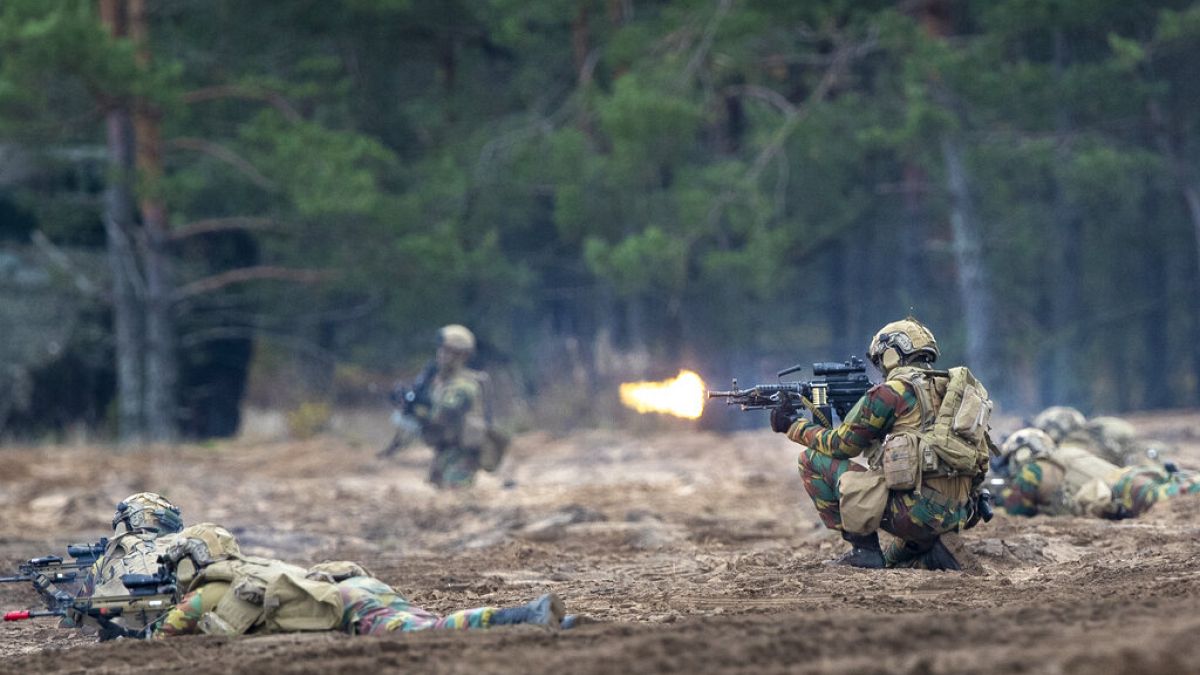
The country is preparing to join the US-led coalition, although it still faces opposition from Hungary.
Sweden will send combat forces to Latvia, as part of the country's preparations for possible membership in the North Atlantic Treaty Organization (NATO).
The Swedish soldiers will form part of the first line of defense against a possible Russian invasion of the Baltic region.
While the country has not yet officially joined the US-led military alliance, Sweden has already begun to actively work within NATO frameworks.
Stockholm will send a battalion unit of about 600 to 800 soldiers and heavy armor to become part of NATO's “enhanced forward presence.”
The battalion will remain in Latvia on a six-month rotation.
Following Russia's invasion of Ukraine, Sweden launched a bid to join the alliance in May 2022, abandoning its long-standing policy of neutrality, although it had been closely allied with the bloc.
However, Stockholm's offer was rejected by Turkey and Hungary, which sought to extract political concessions from Stockholm.
Under NATO rules, all member states must agree before a new country can be admitted to the bloc.
The Turkish parliament approved Sweden's application to join NATO on Tuesday, removing the biggest remaining obstacle to expanding the Western military alliance after 20 months of delay.
But Hungary remains opposed to Sweden joining the alliance, with Hungarian Prime Minister Viktor Orban angry at Stockholm's criticism of the erosion of the rule of law in Hungary. Orban denies such criticism.
Whatever the outcome of the vote on Stockholm's membership in Hungary and Turkey, Sweden has already been included as a full participant in NATO's Exercise Steadfast Defender 2024, the largest of its kind since the Cold War.

“Travel specialist. Typical social media scholar. Friend of animals everywhere. Freelance zombie ninja. Twitter buff.”





More Stories
Taiwan is preparing to face strong Typhoon Kung-ri
Israel orders residents of Baalbek, eastern Lebanon, to evacuate
Zelensky: North Korean forces are pushing the war with Russia “beyond the borders”